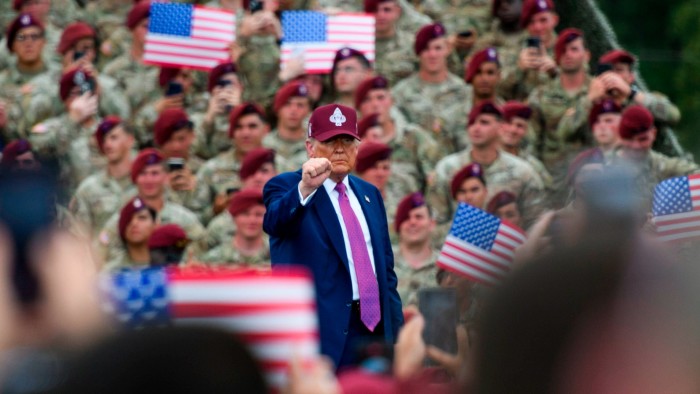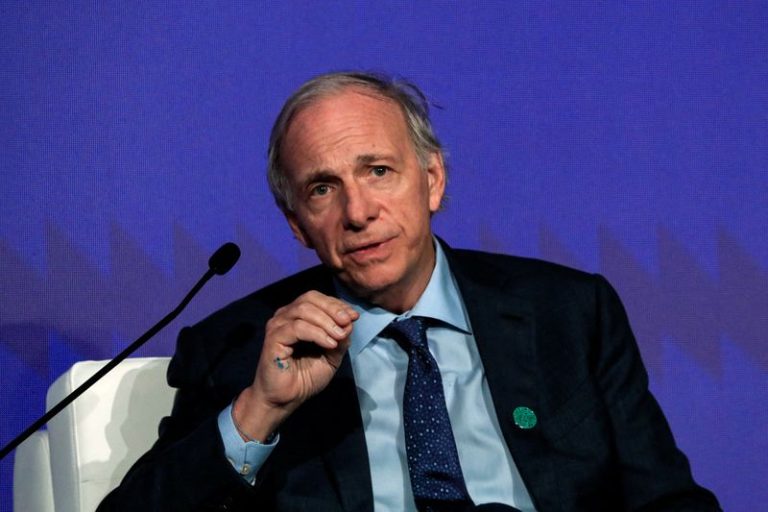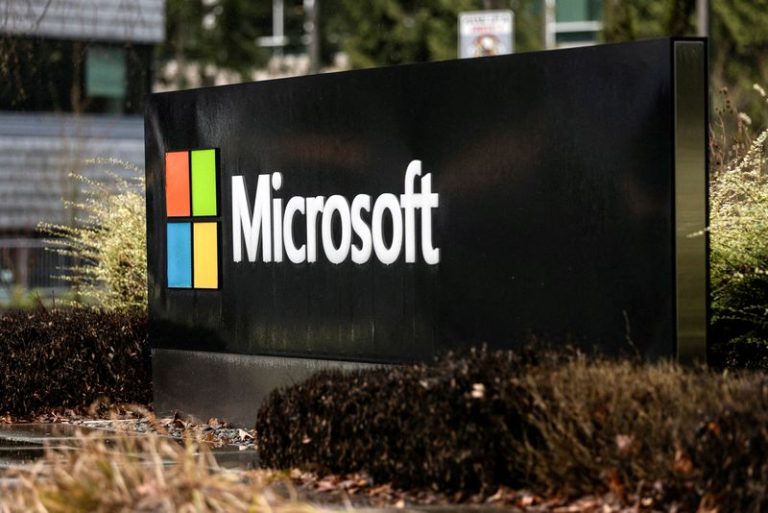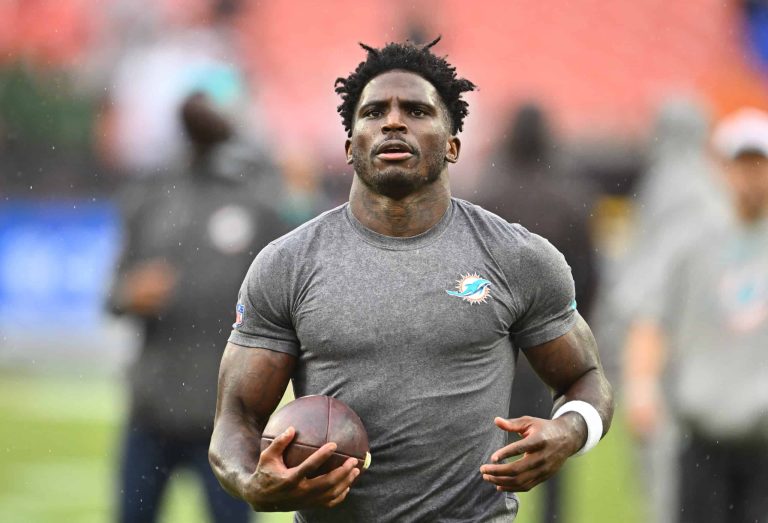Before a crowd of cheering soldiers at an event that seemed more like an election rally than an address to the troops, Donald Trump defended his decision to host the first large military parade in Washington since 1991.
“A lot of people say we don’t want to do that. I say yes we do,” he told the soldiers at Fort Bragg in North Carolina this week to the approval of the assembled crowd. “We want to show off a little bit.”
The commemoration of the Army’s 250th anniversary on Saturday — which coincides with the president’s 79th birthday — will be an unsubtle projection of power by a commander-in-chief who revels in showmanship.
Trump will preside over a procession of military hardware through the wide streets of the American capital as military aircraft fly overhead — all at a cost of as much as $45mn to American taxpayers.
The pageantry reflects the president’s growing fascination with military power as he tests his ability to deploy the armed forces to implement his domestic agenda in ways that echo authoritarian regimes that have long been criticised by Washington.

Earlier this month, Trump ordered the deployment of Marines and the National Guard to Los Angeles over the objections of Gavin Newsom, California’s governor, to quell protests against his administration’s expanding deportation campaign.
Trump said the troops’ presence was necessary to fend off “the attacks of a vicious and violent mob, and some on the radical left”.
But Newsom insists the federal intervention was unnecessary and violates a law stipulating that orders to bring the National Guard under federal control must be issued through state governors.
Flouting standards established by law that bar the use of the federal military to police domestic civilian spaces is “how autocrats operate,” said Harold Hongju Koh, professor of international law at Yale Law School.
“They militarise the domestic space. That’s what [Russian President Vladimir] Putin does.”
This echo of autocrats is also seen in the Trump administration’s increasing willingness to use law enforcement against its political opponents.
On Thursday, Alex Padilla, a Democratic US senator from California, was manhandled by federal agents and dragged out of a press conference hosted by Kristi Noem, the homeland security secretary.
“What happened yesterday was part of a much bigger effort to try and silence anyone who dares to question what the Trump administration is doing,” Padilla wrote on X.
Trump’s embrace of the military as an agent of domestic law enforcement is not unprecedented. Previous presidents have used federal troops on US soil — most notably to enforce civil rights legislation in the face of resistance from segregationist states in the South.

But historians say it clashes with a long-standing reluctance to deploy the armed forces at home, even during periods when Washington has been willing to flex its military power overseas.
“Americans since the founding have been very uncomfortable with the military being used in a domestic capacity,” said Lindsay Chervinsky, executive director of the George Washington Presidential Library.
“Presidents have really adhered to that precedent, and only when there is genuinely an extreme uprising, to protect citizens, have they departed from it,” she added.
Trump’s apparent ease with upending these norms has ignited vocal opposition to Saturday’s parade. Hundreds of protests are planned in cities across the US.
“This is fascism. It must be opposed, non-violently but with determination, in the streets of DC and all over the country,” Sunsara Taylor, one of the protest organisers, said in a statement.
The optics of Saturday’s parade and the military deployments in California have been amplified by Israel’s attack on Iran. The president has cast himself as a non-interventionist peacemaker — in contrast to traditional Republican military hawks — claiming that he would end conflicts in Gaza and Ukraine as soon as he took office.

But he is now presiding over a new war in the Middle East that threatens his core foreign policy message.
His actions at home are also testing the limits of his constitutional authority and the system of checks and balances that has sustained US democracy for more than two centuries.
In Los Angeles, Trump “federalised” the National Guard — or brought it under national, rather than state, control — through a rarely used statute aimed at fighting rebellions or foreign invasions, or aiding presidents who are “unable with regular forces to execute” the law.
He might try to justify his decision to deploy Marines in Los Angeles by invoking his authority to protect federal property, legal experts said. The administration could also cite a 1971 memo by the US Department of Justice that argues presidents may use troops to protect federal functions and property.
Trump has even floated invoking the Insurrection Act of 1807, which was enacted to suppress rebellions, though he has not yet taken that step.
But several legal scholars believe the president is overstepping his powers. Bringing in the military was “highly unusual and really quite contrary to our norms and traditions given that we don’t have an insurrection here”, said Laura Dickinson, professor at George Washington University Law School.
“They are trained for foreign wars,” she added.
Two-hundred US Marines — out of 700 deployed by Trump — are in Los Angeles, along with the National Guard.
“They’ll be focused on protecting federal law enforcement personnel” and “hold[ing] off crowds as they perform their federal law enforcement duties”, Commander Maj Gen Scott Sherman said on Friday.
Sherman said the troops had been “mobilised with their assigned weapon” and “standard crowd control gear”, including helmets, face shields, batons and gas masks — scenes Americans may be used to from state and local police, but not the military.
“Trying to kind of keep the military out of domestic affairs . . . is a tradition that has been upheld through generations because people understood how important it was,” said Chervinsky.
“If we lose that, then it does change the character of our republic.”







